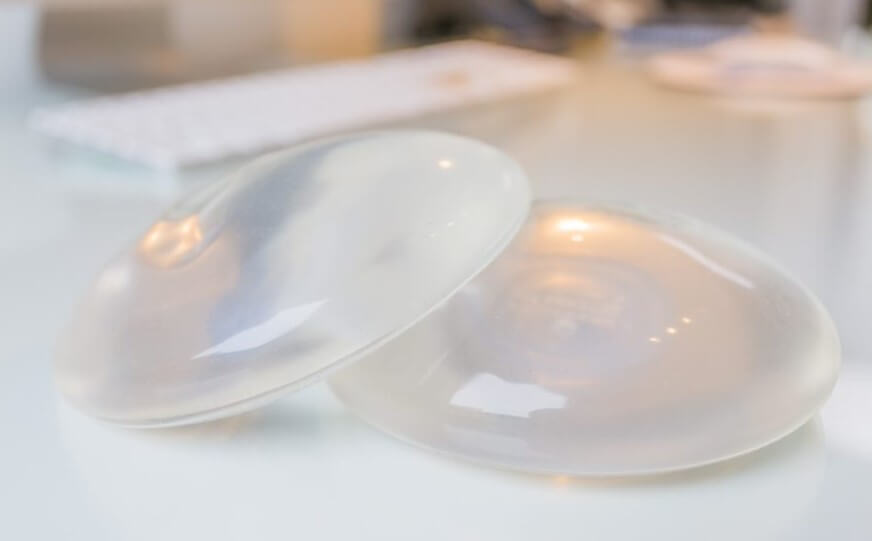It’s almost fascinating how much we, as humans, can learn from our mistakes. The idea of allowing our failed experiments to guide us through everything has proven to be effective under all the environments. Nevertheless, this hasn’t quite stopped us from gunning for perfection. Despite knowing very well that our every attempt won’t taste success, we have tried to configure the world around us in a way where the room for error is as small as you can make it. Furthermore, our relentless desire to be flawless has also led us to create many tools that aid the said purpose, with the biggest of them all, of course, being technology. To be fair, technology has been somewhat successful in facilitating our pursuit. You just have to look at all the tech by-products that drive our lives today in order to confirm it. However, if the conversation is about perfection, one cannot simply overlook all the moments when the tech dream was faced with its own share of lapses. While some didn’t quite affect us much, there were a few that posed a serious problem. Unfortunately, a flurry of recent cases in the medical sphere falls within the latter category.
The Food and Drug Administration of U.S. has decided to significantly restrict the sale and distribution of breast implants over concerns about its long term risks. The decision comes after many people, who got the procedure done, reported a condition of breast implant associated anaplastic large cell lymphoma (BIA-ALCL), which is deemed as a type of cancer. As a result of it, “only healthcare providers and facilities that provide information to patients utilizing the patient brochure Patient Decision Checklist” will now be allowed to use breast implant technology in a commercial context.
The Patient Decision Checklist is designed to educate the patient about all the potential risks and benefits they can expect out of the treatment. Built on the recommendations put-together by a special advisory panel in 2019, the checklist must be signed by both the patient, as well as the medical professional. Apart from that, the FDA labeling guidance also creates a mandate for all the manufacturers to add a boxed warning about all the possible side-effects of a breast implant. Even though, to a large part, the mandate is just inspired by the importance of helping the patient in making a more informed call, some of it is also down to the companies’ failure in carrying out productive post-approval studies. While talking about the said aspect, FDA pointed out Allergan, J&J, and Sientra as the manufacturers that were found to have made inadequate progress in their studies on breast implant.



















